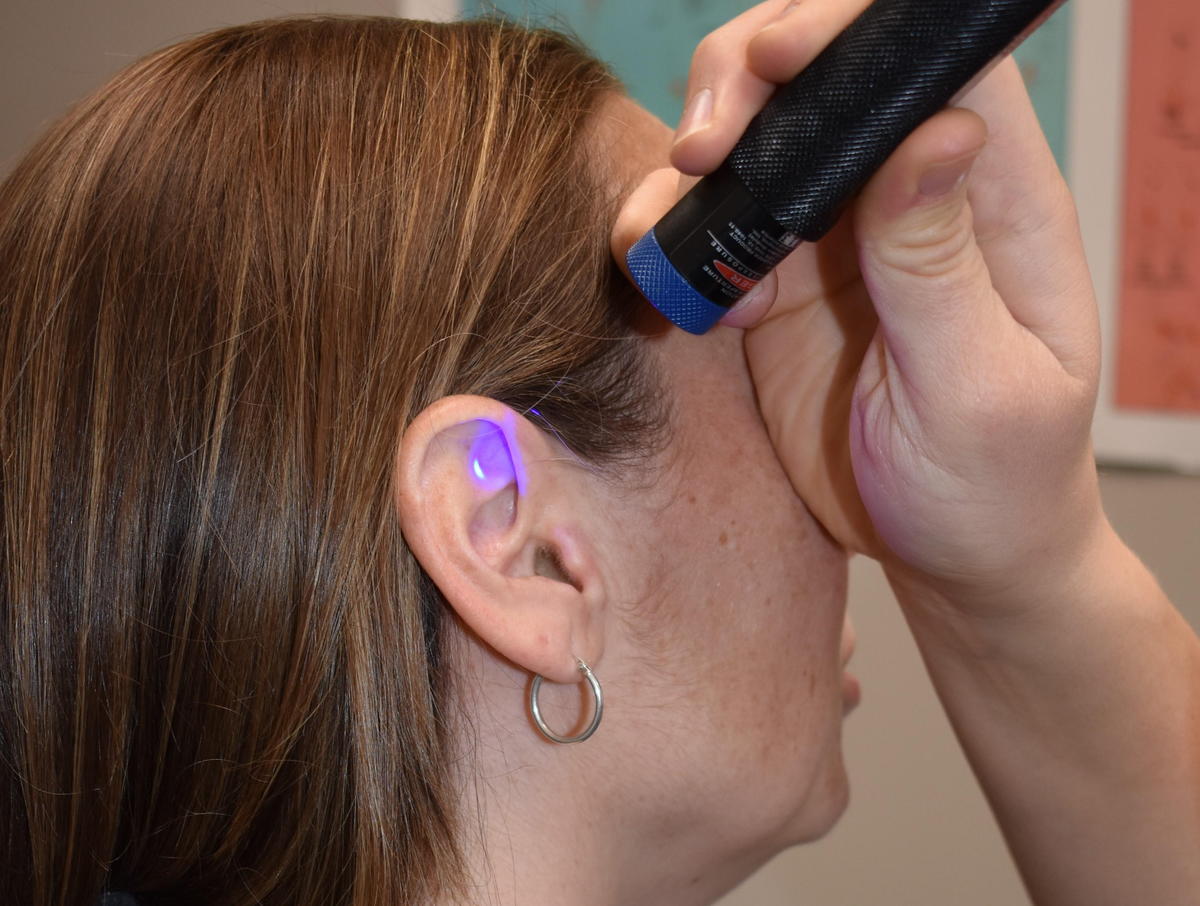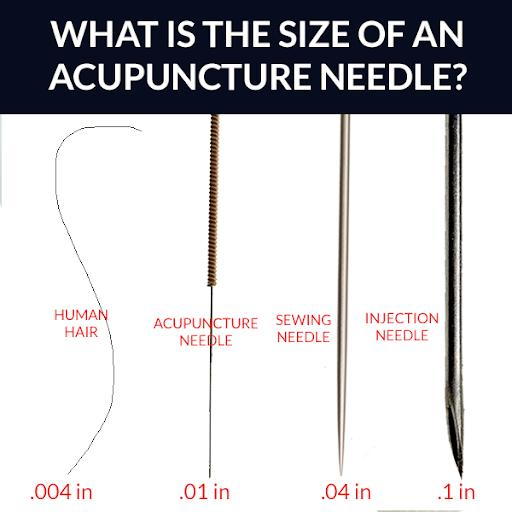
What is Acupuncture?
Acupuncture is a type of treatment that involves insertion of hair-thin needles into the body in different combinations and patterns. It is most commonly used to treat pain, but is also being used more for overall wellness, promoting physical and emotional well-being.
Acupuncture is just one treatment that is derived from Traditional Chinese Medicine, which also includes massage, stretching, herbal formulas, breathing, and meditation just to name a few. The oldest book we know written about acupuncture dates back to the 2nd century BC! It has been evolving since then with contributions from multiple Asian communities, as well as influence from France, England, Germany, Italy, Sweden, and the United States.
The Chinese perspective of health and disease is that health is a state of balance, while illness and disease are states of being out of balance. This involves a balance of “yin” and “yang,” through our “qi” (pronounced chee) or energy. Medical acupuncture today uses both our current understanding of neuromuscular anatomy and pain physiology while embracing the classical Chinese theory of acupuncture using their channels and points.
Acupuncture points stimulate the central nervous system. The nervous system then releases the chemical communicators to our muscles, spinal cord, and brain. These biochemical changes stimulate the body’s natural healing abilities.
There are more options than just using needles. Points can be stimulated with:
- Pressure
- Electrical stimulation
- Cupping
- Lasers
- Moxibustion (heating a point using an herb)
- Tei-Shin (a tool that concentrates pressure)
- Tui Na (pinch and pull)
- Gua Sha (a stroking tool)
 Dr. Olivia Johnson utilizing laser acupuncture
Dr. Olivia Johnson utilizing laser acupuncture
However, needles are the most commonly used option in Traditional Acupuncture. If the word "needle" seems a little frightening, check out this size comparison (from createacupuncture.com).
Acupuncture Treatment
The acupuncture needles used are very thin, so minimal pain is felt as the needle is inserted. People often don’t feel them being inserted at all. The sensation of De Qi (pronounced: dah chee) arises which sometimes is described as pressure or an aching.
 Image from CreateAcupuncture.com
Image from CreateAcupuncture.com
The pattern the needles are placed in depends on what you are being treated for. A simple muscle strain or sprain might only need a few needles surrounding the injury. Chronic pain might have needles placed in the area that hurts, as well as other points on the body that stimulate your body’s natural painkillers. There are over 100 points located on the ear that represent the body, so I utilize these in many treatments too!
Needles remain in place between 5 and 20 minutes while you relax. This is what I joke with my patients about being an “acu-nap.” If additional activation is needed, the needles may be stimulated by gentle twirling or by electrical stimulation. Some people feel relaxed, and others feel energized after a session.
Why Should I Try Acupuncture?
The World Health Organization and the National Institutes of Health (NIH) have studies that show acupuncture is effective alone or combined with conventional treatments for many things, including:
- Headaches
- Nausea
- Menstrual Cramps
- Fibromyalgia
- Stress Management
- Sinus Pressure
- Neck Pain
- Fatigue (“tired all the time, low energy”)
- Nervousness
- Hot Flashes
- Sciatica
- Post-Traumatic Stress
- Tennis Elbow
- Difficulty Sleeping
- Low Back Pain
- Arthritis Pain
- Carpal Tunnel
- Digestion Problems
- and many more!
Even though acupuncture is still considered nonconventional in some sectors, it has been provided in The Military Healthcare System since 2005. The military continues to increase their use of acupuncture as an alternative to opioids for pain control, especially because side effects of opioids impair performance and decrease military readiness. The U.S. Army reports that this is one major reason acupuncture has been introduced into their treatment regimens, lowering service members reliance on opioids a full two percentage points within a three year period. The potential for medical acupuncture is just beginning. Continued research is helping integrate acupuncture into the conventional healthcare approach and expand contemporary medicine to treat conditions for which current interventions might have undesirable side effects.
Curious about acupuncture? Call us today!
402-480-6680
- Dr. Olivia Johnson
https://www.army.mil/article/125279/Acupuncture_helping_reduce_use_of_pain_killers_in_Army/
https://www.hopkinsmedicine.org/health/wellness-and-prevention/acupuncture
https://www.mayoclinic.org/tests-procedures/acupuncture/about/pac-20392763
https://www.medicalnewstoday.com/articles/156488.php#how_does_it_work





